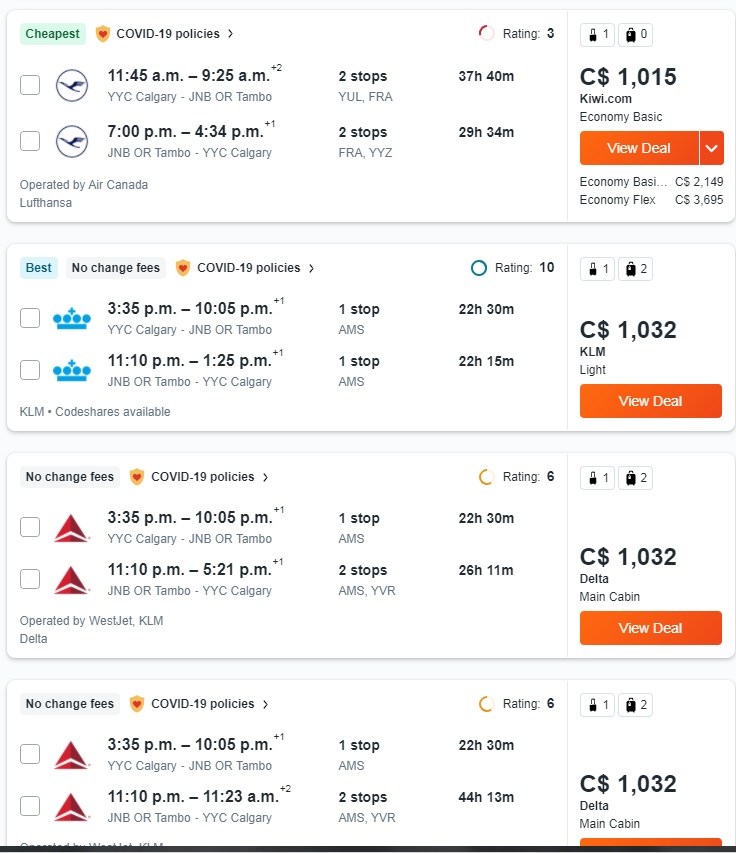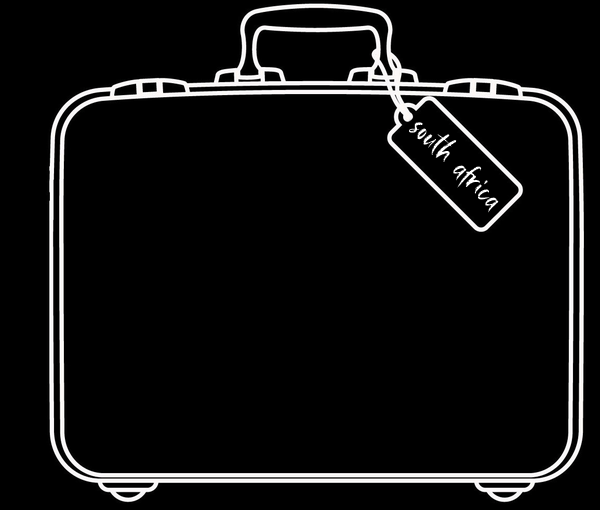Planning a trip and deciding when to book a flight is a tedious task if you don’t do your research. I have been on countless flights and airlines and I have formed certain rules of thumb that I follow and other things I would suggest a person at least consider.
Checking prices: I use different platforms for checking flights. I might use kayak, google flights, Expedia or an airlines app. I will search my date range (one week, two weeks etc) but in different months and seasons to see if they have a baseline of pricing and when it peaks. The sights that will grid for you the cheapest day in the month to travel are really nice because you can identify trends for cheaper flights – like flying to on Thursday and returns on Wednesday lets say. I often have booked trips around that fact alone.
If I know I will want to travel next year, I check the prices for the same month this year to see if there a big difference. Do prices drop the closer to, or are they better in advance? I have learned for my own South Africa travels, that the shortest flights are also the cheapest flights so I refuse to travel for higher airfare than I know I can get it for. I personal use KLM for all my South Africa trips from Canada because they have the shortest layover – start to finish I am there in 22 hours on 3 flights – and they are the cheapest flights too. Service is really good. Good movies (although oddly I usually sit in silence in a meditative state for most of it).
So now you have found the best prices, but it is it the best option? Be sure to look at total trip length. This will encompass flight and layovers combined. Next look at what that breakdown is. Is it two flights with a long gap in between. If so, is it in an airport that offers you a place to comfortably sit, rest, or eat? There is nothing worse than 12 hours sitting in an airport chair or on the floor in an airport where there are no cafes or restraunts open when you are there or accessible to transfers. Or is there short layovers but numerous flights? This can happen when the flights are too long to go straight, so they massively detour for fuel. I once had a brief stop in Ireland when heading to Canada from SA via Ethiopia. There was no transfers of passengers. The flights were shorter but I had many of them on that trip. It actually made for a really fast trip because 5 hour flights are a breeze when you are used to 9 and 11.

In this screen shot where I am searching my flight from Calgary to South Africa, you can see comparable prices, but notice flight lengths. The first flight has 2 stops each way and 37 and 29 hours trips. Only KLM offers 22 hours both ways with only 1 stop. The next, Delta is actually a KLM flight and one Delta, with the Delta flight being 26 hours and an extra stop. Seeing the *Operated by Westjet, KLM, and Delta makes you wonder why are you booking Delta when they are not hosting over half the flights? Also very important – sometimes searches will show you the day before or after and add it like a regular listing that you think you searched for. Sometimes you think there is a great price and it is not the right day. Before you complete your purchase – READ IT CAREFULLY. KLM allows changes for 24 hours i think, without penalty, but most do not.
Ultimately, if you are adding 8 hours of flying time to save $100, I would ask you if you could earn over $100 in 8 hours. If you can – spend your time and money wisely. Your time is of value too. Unless its actually not and you have nothing better to do. Then take the deal! But be careful of too short of layover times. If the first plane is late, you might miss your next flight as result. Also note if you are departing in Canada and transfer in another Canadian airport, you will need to collect your luggage to pass through Customs. This is a massive setback if you have a short layover. This happened to me once when returning from Mexico with a transfer in Dallas. The plane was late leaving, and because we had to collect our luggage and pass security, it took too long and we had a staycation in a Dallas hotel as a result. Stuff happens. Sometimes it is unavoidable. But where you can minimise risk, you should.
When you see prices drop, book. Assume the price will stay down and it won’t, or the flight will fill and you will have to use an alternate carrier. This how most of my Africa trips came to be. Very little notice (sometimes a month or two). I see the price I like, so I book the trip. If I plan and don’t buy that flight, I might risk higher prices and possibly different flight pattern meaning longer flight times and layovers.

When considering airlines, note the ‘operated by’ which tells you who is actually providing the plane. You might be booking one company but flying with their affiliate. This can occur when one airline flies half the way, and they need to use another to carry you forward to another destination. When this happens, I usually go straight to booking direct with the guy who can get me the whole way. I always think if luggage was lost, its best to only have one company to hold accountable than situations where they can blame the transfer on each other. It may not be possible, but if it is, why not. Another note on transfers. Every time I board to South Africa, I am always told I need to pick up my luggage in Amsterdam and check it in for the next flight… even though my luggage tags read straight through to Johannesburg. And to be safe, every time I check with the people at the airport in Amsterdam and they assure me my luggage will carry over. And every time it does. Check the tags! People make mistakes.
I always review the luggage policies very closely. Sometimes those low prices are because you have to pay for luggage with one airline but not another, and that is the cost difference between them. Note the weight allowance as well. Some are much smaller than others. Great if you travel light, but if you like carvings and heavy souvenirs like I do, you need buffer weight allowance! I have literally gotten stuck in an airport going through my luggage throwing stuff away because it was cheaper to replace than the price they wanted to charge me for overweight. This happened in Cuba and was enough to make me think I will never return. I was overweight from supporting their locals and buying cool stuff for my house. Once through security I could buy 10lb bags of coffee, jars of honey, and tons of other very heavy items. I could not quite wrap my head around that. I took a trip to Costa Rica once where I planned on purchasing balsa wood masks and I knew I wanted lots. I was allowed 2 suitcases for international flight. So I took 2 – one filled with bubble wrap and pillows. I got to use my pillows while there, and then I had an entire suitcase with soft protection for my new mask collection. It’s a pain to navigate, but that’s what the trolleys are for. Have you ever travelled just to shop their souvenirs? Ok, I am weird. Please don’t judge. My mask wall is amazing!

Be kind to fellow passengers. Do not wear huge hats and big coats plus take a carry on and monster purse using all the carry on storage for the section! We are literally ‘all in this together’ haha.
Actually check the dimensions of your carry on requirements on the website and measure your own. I always find it amusing watching someone with what appears to be a suitcase that they are trying to fit it in a briefcase sized shelf. These people hold up the boarding of the rest of the plane for 5 minutes before they realise a watermelon won’t fit in a grapefruit. Don’t be that person.
Do you buy currency at a bank, an airport, or at your destination? It depends. If you are staying at an all-inclusive resort somewhere, you likely will only need some fun money for gifts and souvenirs and maybe a few tips. In this case, just exchange as you need at the hotel so you are not stuck with excess. Many places are happy with USD also, which if you are not from the USA, there is no harm in having some kicking around for that next travel venture. If you are comfortable using your credit card at places, then you can perhaps do this. When I travel to Africa, I use my credit and debit cards for things like fuel because it is more cash than I want to carry. Also notify your CC company of your travel plans before you go so they are not denying your charges leaving you stranded.
What I notice though, at these places in Africa, is they like to say ‘okay’ to the amount and then pass me the pinpad, so I am entering an approval for an undetermined amount. Once I identified they do this, I have that conversation with them first and tell them it is MY responsibility to agree to the amount I am authorising. Every person seems confused and misinformed on this topic. I have never felt it was a risk or they were scamming me. But I always took and checked my receipt! Because lets be honest. If it said R8000 when it should have been R800 – it would have been approved with my pin verification and I would have no recourse.

I also try to predetermine the amount of cash I will need, factoring tolls if applicable, tips for taxis, housekeeping, guides potentially, restaurant staff and of course small grocery purchases and ice cream stand types of purchases. I will order this amount from the bank if possible so it is one less thing to worry about. Alternatively I have bought at the airport but it is more expensive. They also may not have the amount of denominations of currency you want. When it is for small purchases, request small bills. Being able to pass a couple bucks is better than asking someone with no cash to break a bill. I go with mainly (in dollar values) $1 – $20 denominations and only bigger if I know I need to grocery shop, or have larger cash purchases I had already anticipated. You feel loaded when you have that roll of cash for sure! Also take note of your layover spot and is it a place you might want lunch. Do they take USD? Other currency? Best to use a Credit card? I often keep my extra loot from a trip so when I am travelling in the future, I have those spare euros, pounds, or USD just in case, and these are the moments I use them.
If you have a long layover and you like to shut your eyes, be sure to either zip tie or lock your carry on. I do this and then use it to rest my legs on or lean up against. I can sleep and not have pockets or compartments accessible that I might not notice. They can’t steal the bag because they will have to move me out of the way. Ensure things like your ID, passport, and wallet are secure and in no way something that can be pick-pocketed.
Always take a photo and/or photocopy of your passport. I do both. Good to have in case you ever lose the real thing. It will speed things up for you for sure. Know contact numbers off the top of your head in case you lose your phone and have no access to the internet. Imagine that feeling for a moment. A foreign land. No phone. No internet. Access to a phone but no one to call. How do you even contact information? Think of these things before you go and know you will likely never be in this situation. If you use your phone to document your trips with photos and videos, ensure you upload them to a cloud periodically – for sure before you leave. A lost phone can mean lost memories. I lost a phone in an airport once. At least I use mine for text and calls only. So, no memories lost. And I was boarding my last plane home, so it was no big deal. Other than the investment in the phone itself of course.
Happy travels! If you have questions or comments I am happy to give my 2 cents worth… but note in USD that is not worth much (HAHAHA).
